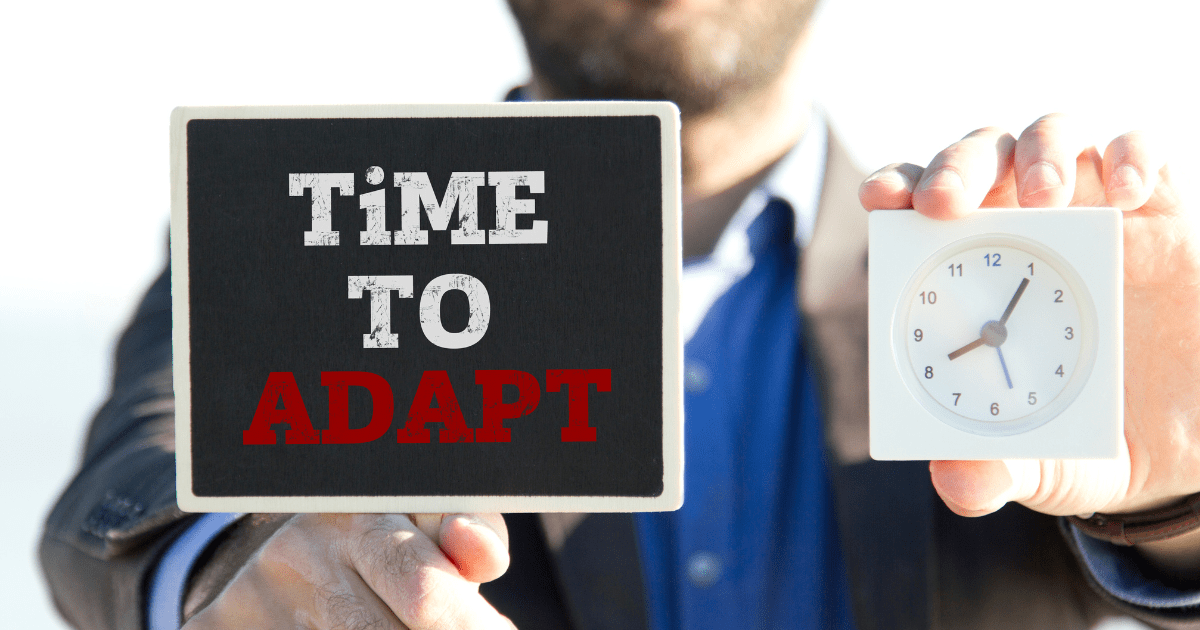
It’s not easy to be a young entrepreneur in Africa, says Mich Atagana, head of Communications and Public Affairs at Google South Africa. Despite this African entrepreneurs are helping to build a better Africa, she adds.
No stranger to the entrepreneurship ecosystem in Africa, Atagana spent 18 months traveling to over 30 countries around Africa, learning about how Africans are using technology.
Driven by a passion for African tech entrepreneurship, she was named among Mail & Guardian’s top young South Africans in 2012. She also writes a column about technology in Africa for CNN and Venturebeat and occasionally judges startup competitions.
“If an entrepreneur can employ 10 people, give them a valuable skill and those 10 people go on to employ 10 more people, then you have an effect that spills over to the continent. [Then] you are doing something great,” says Atagana.
US tech giants are betting on Africa
Some of the world’s biggest tech giants such as Facebook, Microsoft and Google have recognised not only the potential that the continent’s young entrepreneurs have but also the enormous challenges they face. Many of these corporations have set up initiatives designed to help various African countries and its entrepreneurs gain better access to the world wide web as well improve their digital skills.
Google, for example, launched its #digitalskills4Africa campaign in April offering a free three-month full time course on digital skills with the aim of training one million Africans in digital skills over the next year, through its Digify Africa program in partnership with Livity Africa. Google also launched Project Link to bring faster, more reliable Internet to the people, as well as the Google Umbono initiative, which is a startup seed fund, mentor program, and business incubator for African technology companies.
“Female entrepreneurs are pretty amazing because they have to do things twice as hard and have to do twice as much to get noticed”
Uphill battle for women entrepreneurs
While the typical face of South African entrepreneurship remains white, male and between the ages of 25 and 44, black female entrepreneurs still find themselves grossly underrepresented in business.
The level of female ownership in South Africa is exceptionally low. The latest Global Entrepreneurship Monitor statistics show that only 6.2 percent of South African adult women are involved in entrepreneurship, down from nine percent the previous year.
The situation isn’t any different across the continent.
“It’s really hard to be a young woman in Africa.” Atagana says, “People don’t like to say that. We try to find a way to be more politically correct about it but it’s really hard to be a young woman in Africa, and I know. Young women face so many things, they have to navigate their own cultural biases, cultural upbringing. They have to navigate through conditioning and self doubt because of what the world has taught them. [And then still have] to rise above all that and be incredible.”
Inspite of all the challenges, female entrepreneurs are making strides, Atagana adds, because they have to do things twice as hard and have to do twice as much to get noticed.
“It’s also a great time to be a woman. The world is starting to really think about their biases an1d really starting to notice the hard work that women put in and I really hopes it carries on in the future.”
Atagana speaks to SME South Africa about how tech is playing a bigger role in growing female entrepreneurship in Africa and what the success of international giants such as Google on the content mean for its up-and-coming entrepreneurs.
Q: Why does diversity matter in Africa’s tech landscape?
A: Diversity matters not just because of where we are but who we are as a people. If we forget about the rest of the world and we look at the African market place, diversity matters because Africa teaches something dangerous about women. Africa teaches that women are to be subservient, not always but it’s the way people look at things. Africa’s done a terrible thing where they’ve taught only certain roles for women.
And because they’ve taught those roles it’s so hard to drive past them. And as a society, sometimes I feel like we don’t want to drive past them.
So, diversity is really important because we don’t live in a world where the Rand is really strong and if you make R10 it goes a long way. No. We live in a world where if you make R10 it doesn’t go anywhere and your household needs to make R20. We live in a world where children need to go to good schools and one person cannot afford to take care of that family anymore.
Diversity is not only about what’s right and wrong but it’s basically just logic. Logically, we cannot afford to live in a world where we only expect one person to make the money.
“Africans are still convinced that if it’s coming from the West, it’s better”
Q: What are African startups’ most debilitating challenges?
A: People will tell you funding, that African startups don’t get enough funding and that may be true. But there is a lot of money on this continent, there’s tons of money on the continent, we just don’t know where it is. I think that the biggest factor is the African market place. African entrepreneurs don’t know how to tap into the African marketplace.
I’m not even sure how that problem gets solved. Africans are still convinced that if it’s coming from the west, it’s better.
It’s cheaper for me to get a beautiful Ankara skirt from a [local entrepreneur] than it is to go to Edgars, for example. But we don’t think about that. And it would be more beautiful and probably better quality. The thing is we don’t think about that, we want to wear what people are wearing on the runways in Paris and New York and London.
I don’t think Africa appreciates Africa. I think that is the biggest problem with African entrepreneurs succeeding.
Q: In what ways can tech become a catalyst for the success of local startups?
A: Access is still a big issue in Africa. Yes, people are coming online, the lines are getting cheaper and if data gets cheaper people will be able to access more. I think as soon as we solve that access issue then we can definitely get more entrepreneurs to sell their products online. Because when you think about it 10, 20 years from now every business will be a technology business because that’s the only way people will discover you. That is how they will look for things.
At Google we talk about this thing called ‘Moments that Matter’ – I was sitting in my house last night and I was hungry and because I had been traveling so there’s nothing in my house to eat. I opened my phone and typed in to search ‘Indian food close to me’ and the fact that the restaurant there had popped up just when I needed it, I probably would have never bought from that restaurant if I had physically went out but because they made it so easy for me to not only access their menu, look at what the costs are see some reviews. They figured out the moment that mattered to me and then met me there.
Q: How can African entrepreneurs take advantage of Africa’s growing mobile penetration?
A: It doesn’t have to be an app but your website needs to be mobile-friendly. It needs to be something quick and easy to read, not too photo heavy. If it’s a video let it be the only thing on the site. Let it be the video that explains everything with a few clicks to ‘buy here’ or ‘get now’ or ‘contact us’.
Mobile is easy in so many ways. You can do chat, you can use text messages to contact people.
So make sure that if you have a website and you’re selling through a website or your business runs through a website make sure that it loads very quickly and is easy to manage and your mobile is not too cluttered, it’s user-friendly and when the user gets on there they can find what they are looking for and they can do what they need to do.
“I think that all the tech companies that have come into Africa, yes there’s a market place here that they want, but also they want to be part of what is happening”
Q: How can an up-and-coming African startup think locally, but act globally?
A: There are close to a billion people in Africa. There aren’t a billion people in the United States. There aren’t a billion people in the UK. If a billion people are not enough for your business to survive, then I want to know what you do.
I was talking about the Ankara skirt earlier, Ankara fabric is fabric that comes out of West Africa, it’s beautiful, vibrant colours and it makes beautiful clothing. That is something that does not necessarily need to be just for Africa. It’s something that Africans want because it’s part of their culture, it’s part of their heritage but it’s stylish as well that it can be exported everywhere. So why can’t you bring local-flavoured fashion that is exportable internationally?
Q: How big of an effect are companies like Google, Facebook and Microsoft having on the local tech environment?
A: Google loves this continent. We’re a hundred percent committed to this continent. [There is the] Digital skills program that we launched about 6 months ago to train a million young Africans in digital skills and that’s because we want those people to grow and work and create employment and be employed in the African ecosystem.
And I think it would be very ballsy for any company to come into a place and not contribute to that ecosystem. So I think that all the tech companies that have come into Africa, yes there’s a market place here that they want, but also they want to be part of what is happening. They want to learn from it, they want to teach it. It’s a give and take.
Q: What has the success of international tech brands on the continent meant for local startups?
A: I think that entrepreneurs can work with the companies. I think that entrepreneurs can learn from multinationals just as much as multinationals can learn from entrepreneurs and they can do business together.
Q: Google SA’s biggest successes so far?
A: The digital skills program is really great. We literally just trained about 500 000 people in the past six months. So that’s really great and I think that we will continue to learn and see how best we fit in and not impose too much of our selves.


